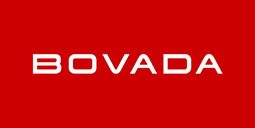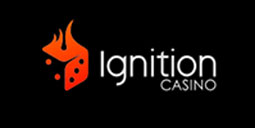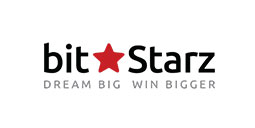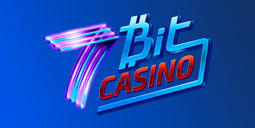But unlike bitcoin or Quorum or Hyperledger or zcash or R3’s Corda, Hashgraph is not open source. It’s improved by Swirlds, the enterprise software company that developed the technologies. The advantage of this, according to the creators, is that the Hedera community will likely likely be immune to forks; the Hedera Hashgraph body claims to sue when a person tried to replicate it.
Last 9, consider some of the stories on CoinDesk.
Marc Hochstein is the managing editor of CoinDesk.
One year ago, into blockchain lawyer Marco Santori, who made an interesting observation, I bumped at Consensus 2017.
In any case, should you are to Consensus 2018 wearing a lawsuit, don’t be afraid to strike up a dialogue with your fellow mates that are hoodie-clad, and vice versa.
The next day, executives in the insurance giant Allianz told the Ian Allison of CoinDesk they’ve been developing to move money between its numerous subsidiaries.
Unusual brew
A company whose name is almost synonymous with the idea of ledgers, even R3, is projecting in the direction of openness. The consortium’s skewed vision to the Corda platform contemplates connecting a wide assortment of companies (airlines, hotels, travel agents) around the world, not only banks such as its own members.
The business was in a transition phase, since the “blockchain not bitcoin” talk of 2015 and 2016 was getting old and cryptocurrencies were going to return with a vengeance, fueled in part by the initial coin supplying (ICO) boom. crypto industries and the enterprise blockchain of this business were well represented among the crowd of 2,700 gathered in New York.
The Allianz executives were honest about their expectation that it might reduce the organization’s reliance on the heritage banking platform – that a bitcoinesque aspiration that is faintly.
An executive from the energy giant BP said it’s available to working with companies that have completed ICOs and also that it may look at one day using a public blockchain.
There have been indications of a convergence that was forthcoming.
It’s early to announce a melding of the two worlds. But lasted tiptoeing by enterprises toward the domain of public chains would encourage the notion that an open, global financial system is more useful than the balkanized one – just as the net did to create value compared to corporate intranets that were in vogue in the1990s.
Perhaps the of public and private will be Hedera Hashgraph. Unveiled in March, it’s a public community using a cryptocurrency (although its consensus mechanics, Hashgraph, differs than the usual blockchain).
Early adopters who believed this technology could change the world for the greater were also a bit underwhelmed by the enterprise audience’s relatively prosaic goals (e.g. creating a bank back office operate more efficiently) – and doubtful that a “private blockchain” could even work.
The crypto fans, for his part, were possibly bitter about the condescending attitude that “blockchain 2.0” forms had taken toward bitcoin, the very invention they claimed motivated them.
And understandably so. Particularly the controlled institutions one of them, the enterprises, were afraid to touch bitcoin or anything with a pole, given its associations with dark markets along with enterprise.
Richard Brown, the startup’s chief technology officer, explains the purpose as “a open shared community – but still private, procured and permissioned.” Die-hard decentralists will scoff, but that sounds a tad more ambitious.
Nonetheless, the code will be reviewable, programmers will be free to create applications without a permit, and anyone who wants to can set up a node. So it’s permissionless, up to a point.
Colliding galaxies picture via Shutterstock.
So maybe the bifurcation was inevitable. However, I guess there could be only at Consensus 2018 next month.
Colors of Satoshi?
However, Santori remarked that interacting or neither camp seemed to be speaking with another. They had basically become two sectors.
Granted, the project employs a blockchain in the startup. However, it’s a token nonetheless, therefore it doesn’t quite align with all the old saw “I don’t care about the currency, I’m only interested in the technologies.”
The chief in blockchain news, CoinDesk is a media outlet that tries for the highest journalistic standards and abides by a strict group of qualitative policies. CoinDesk is an independent operating subsidiary of Digital Currency Group, which invests in cryptocurrencies along with blockchain startups.
Hyperledger, one of the enterprise blockchain consortiums, has started opening its code into ICO endeavors since CoinDesk reported earlier that month. Even the Sovrin Foundation, a Hyperledger manhood that’s developing a brand new identity system, is one of the first to raise money by establishing a crypto that summer, using the code of the consortium.
You guys might learn something from one another.
The Public-Private Blockchain Singularity May Be Close At Hand - April 2024
EXPERTLY REVIEWED
MOBILE FRIENDLY
FAST PAYOUTS
- CasinoRatingBonusVisit Casino
Get your 100% Match Bonus up to $1000!
200% match bonus up to 2000
Up to 5 BTC
100% match bonus + 180 free spins
Get up to 1 BTC on First Deposit!
Welcome bonus up to 1.5BTC + 250 free spins
Get your 5 BTC Welcome Bonus
Top Rated
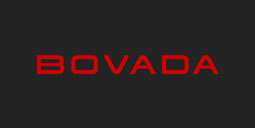
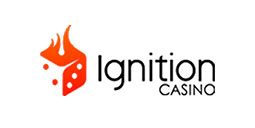
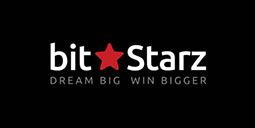

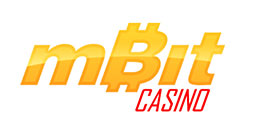
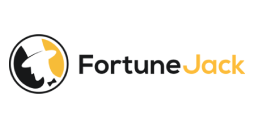
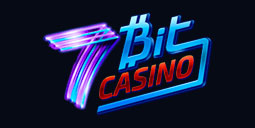
Search
Casino List
- Bovada Casino
- 7bit Casino
- Bitstarz Casino
- Sun Palace Casino
- Ignition Casino
- Tangiers Casino
- Nitrogen Sports Casino
- Casumo Casino
- Fortunejack Casino
- Mars Casino
- Mbit Casino
- Cafe Casino
- Drake Casino
- Grand Fortune Casino
- CryptoReels Casino
- Wild Casino
- Betchain Casino
- Oshi Casino
- Bitcoin Penguin Casino
- Joe Fortune Casino
- Vegas Casino.io


